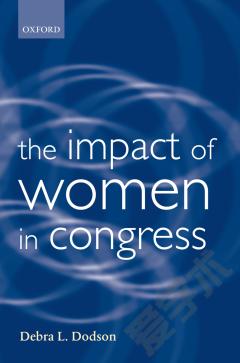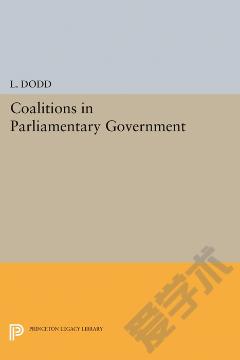Party Influence in Congress
Smith provides an overview of legislators' motivations to create parties and the kinds of influence that parties might exercise once organized. In commenting on the sizable political science literature on these subjects, the author argues that party leaders are motivated by both policy and electoral goals and frequently must balance those goals. Leaders deploy a variety of resources to exercise both a positive and negative effect on legislative outcomes. From observing many episodes of party and leadership action on Capitol Hill, I have found it useful to characterize congressional parties as seeking two collective goals â majority party status and policy. The goals are founded on the goals of individual legislators â reelection, good public policy, and power. For example, legislators seeking to enact certain policies are advantaged if their party wins majority control of Congress, its committees, and scheduling mechanisms. Legislators seeking reelection are advantaged if their party's record for policy achievement is viewed favorably by the public. The collective electoral and policy goals of the congressional parties have the character of public goods. A public good is a benefit that is nonexcludable and jointly supplied. That is, achievement of a party goal benefits all party members whether or not they have contributed materially to the collective effort (nonexcludable) and is not exhausted for some members as other members benefit from it (jointly supplied). These features deserve a little discussion. Congressional parties have the ability to determine their own membership so, in principle, the benefits of membership are excludable.
{{comment.content}}








 京公网安备 11010802027623号
京公网安备 11010802027623号